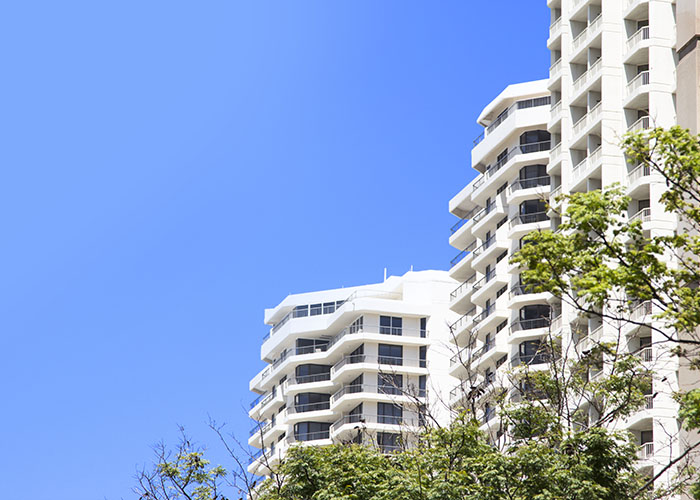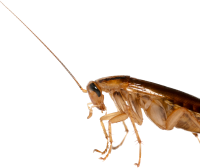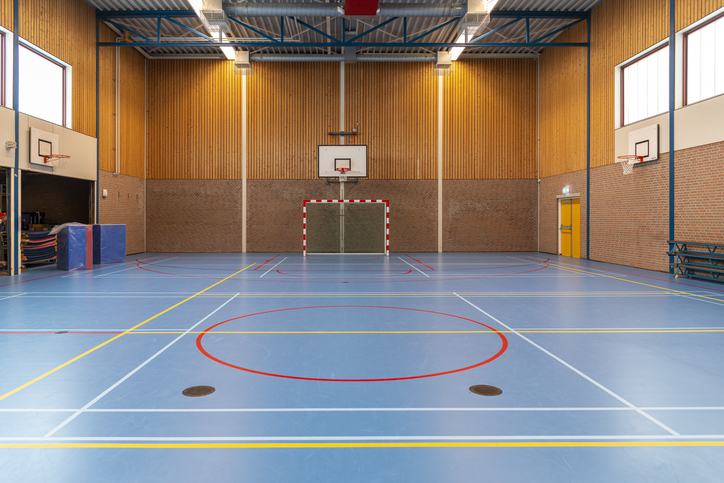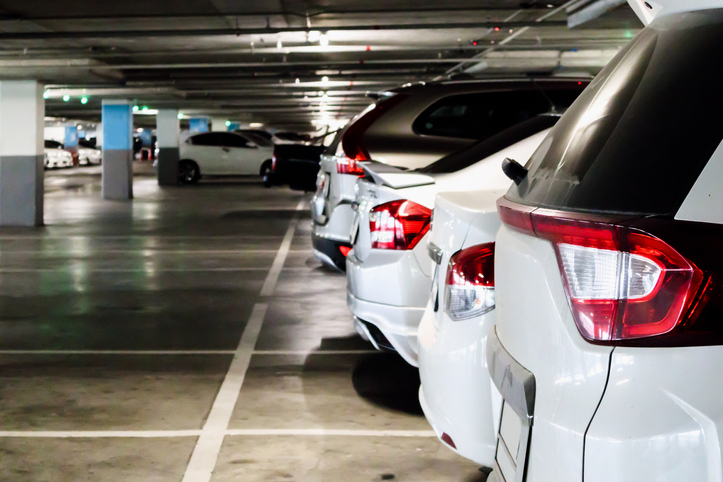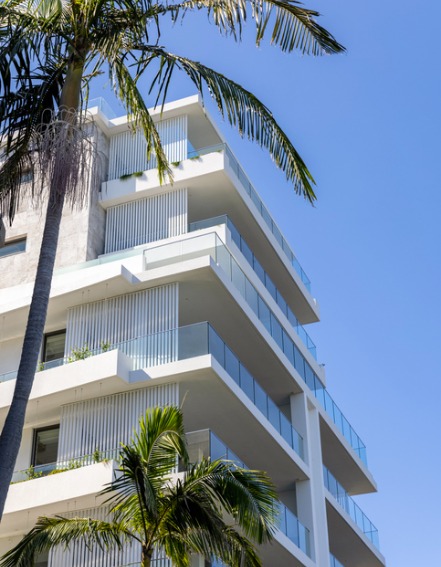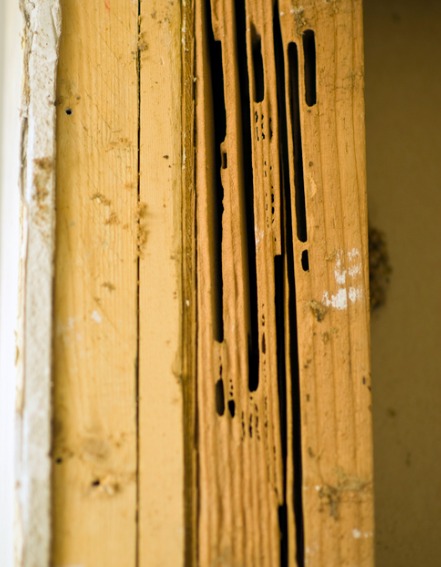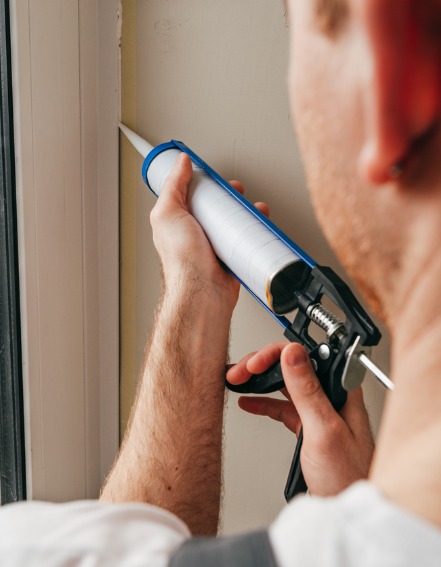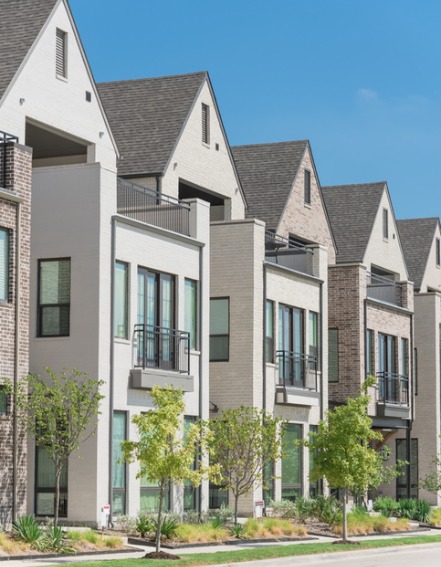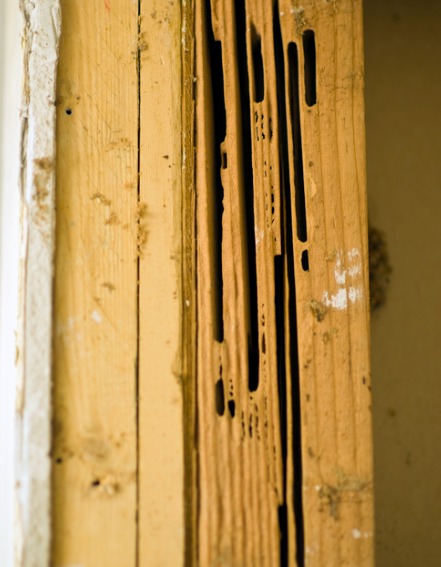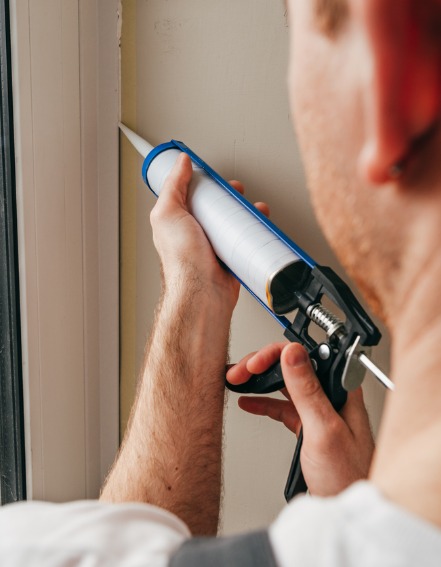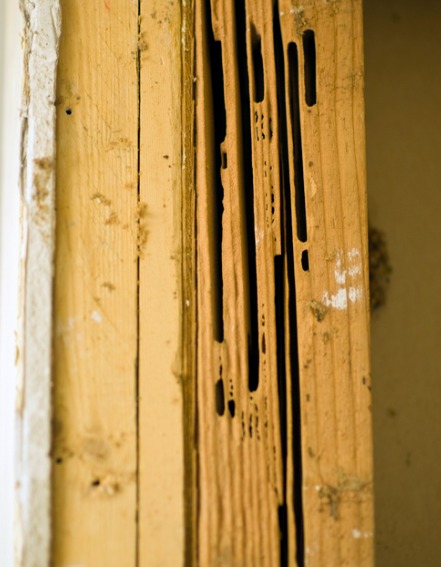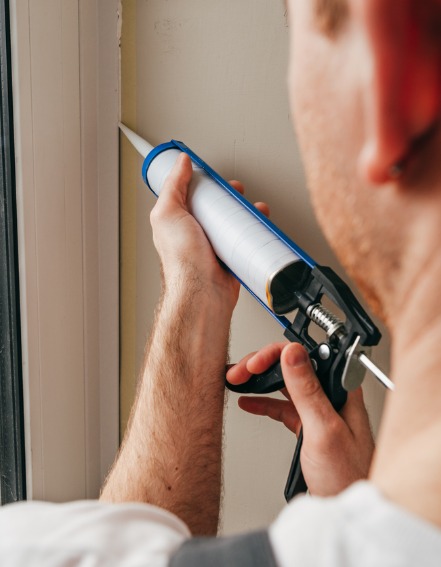Strata managers help to manage the common property within a strata scheme. Their role includes tasks such as preparing and distributing agendas for strata meetings, maintaining records of strata meeting minutes, and handling correspondence on behalf of the owners corporation. They also liaise with contractors to arrange repairs and maintenance, and provide advice on legislative requirements. In short, a strata manager helps to ensure that the common property within a strata scheme is well-maintained and compliant with relevant legislation. As such, they play an important role in protecting the value of owners' investments.
Property managers are held responsible to ensure that the property is free of pests. This includes taking steps to prevent pests from entering the property and to control any pests that are already on the property for the existing and new tenant.
The strata manager should work with a professional pest control company to develop a pest control plan for the property. This proactive approach should include:
- A schedule of when the property will be treated and have regular pest inspections - This should be done on a regular basis, such as once every 3 months or 6 months
- A list of what pests are to be controlled - This will help the pest control company to target the right pests.
- A plan for what to do if there is an infestation - This will help to control the infestation, removing pests and preventing it.
The strata manager should also educate residents on how they can help to control pests. This includes:
- Keeping the property clean and free of debris - This will make it difficult for pests to enter.
- Using a screen around the landscaping and gardening - This will keep out flying insects like mosquitoes.
- Treating the plants - This will kill any pests that are already on the plants.
- Hiring a professional pest control company - This will ensure that the landscaping and gardening is properly treated and that all pests are removed.
A tenant is someone who occupies a property under a lease or tenancy agreement. A tenant has the right to live in the rental property for the duration of the lease agreement. In return, the tenant's responsibility is to pay rent and comply with the terms of the lease agreement.
Under most lease agreements, pest control is the tenant's responsibility. Tenant responsibility includes taking steps to prevent and control common pests on the property.
The tenant should work with the property owners or strata manager to develop a pest control plan for the property. This plan should include:
- A schedule of when the property will be treated - This should be done on a regular basis, such as once every 6 months.
- A list of what pests are to be controlled - This will help the pest control company to target the right pests.
- A plan for what to do if there is an infestation - This will help to control the infestation and to prevent it from spreading.
The tenant should also educate themselves on how they can help to control pests. This includes:
- Keeping the property a clean and habitable state - Will make it difficult for pests to enter due to tenant's poor housekeeping
- Using a screen around the landscaping and gardening - This will keep out flying insects like mosquitoes.
- Treating the plants - This will kill any pests that are already on the plants.
- Hiring a professional pest control company - This will ensure that the landscaping and gardening is properly treated and that all pests are removed.
Landlord / Property Owner
A landlord is someone who owns a property that is leased to tenants. The landlord's responsibility is for the upkeep of the property and for ensuring that it meets all relevant legislation.
Under most lease agreements, the tenant is responsible for pest control. This means that property owners are not responsible for taking steps to prevent and control pests on the property. However, the landlord should ensure that the property is free of a pest infestation before tenants move in.
The landlord should work with a professional pest control company to develop a pest control plan for the property. This plan should include:
- A schedule of when the property will be treated - This should be done on a regular basis, such as once a month.
- A list of what pests are to be controlled - This will help the pest control company to target the right pests.
- A plan for what to do if there is an infestation - This will help to control the infestation and to prevent it from spreading.
The landlord should also educate tenants with basic information on how they can help to control pests. This includes:
- Keeping the property clean and free of debris - This will make it difficult for pests to enter.
- To not leave food or water out overnight. keep food sealed
- Hiring a professional pest control company - This will ensure that the landscaping and gardening is properly treated and that all pests are removed.
Pest Control Professional
The strata committee is the group of people elected by the owners corporation to manage the property for future decisions. This includes things like maintaining common areas, approving pest control measures, and enforcing the strata schemes management act and strata levies. The body corporate is usually made up of volunteers who live in the building as a legal entity.
All strata Committee members have different responsibilities. The chairperson is responsible for chairing meetings, the treasurer is responsible for financial matters, and the secretary is responsible for minutes and correspondence. Other members may have specific roles like maintenance or security.
The strata committee needs to be able to work together to get things done. This can be difficult, as everyone has their own opinion on what needs to be done. However, it's important to remember that the strata committee is there to make decisions in the best interests of the property as a whole. in a reasonable timeframe.
One of the most important responsibilities of the strata committee is to approve pest control measures. This is because pests can cause all sorts of problems in a building, from contaminating food to spreading disease. They can also damage property and disturb tenants. In some cases, pests can even pose a safety hazard. That's why it's so important to get rid of them as soon as possible.

